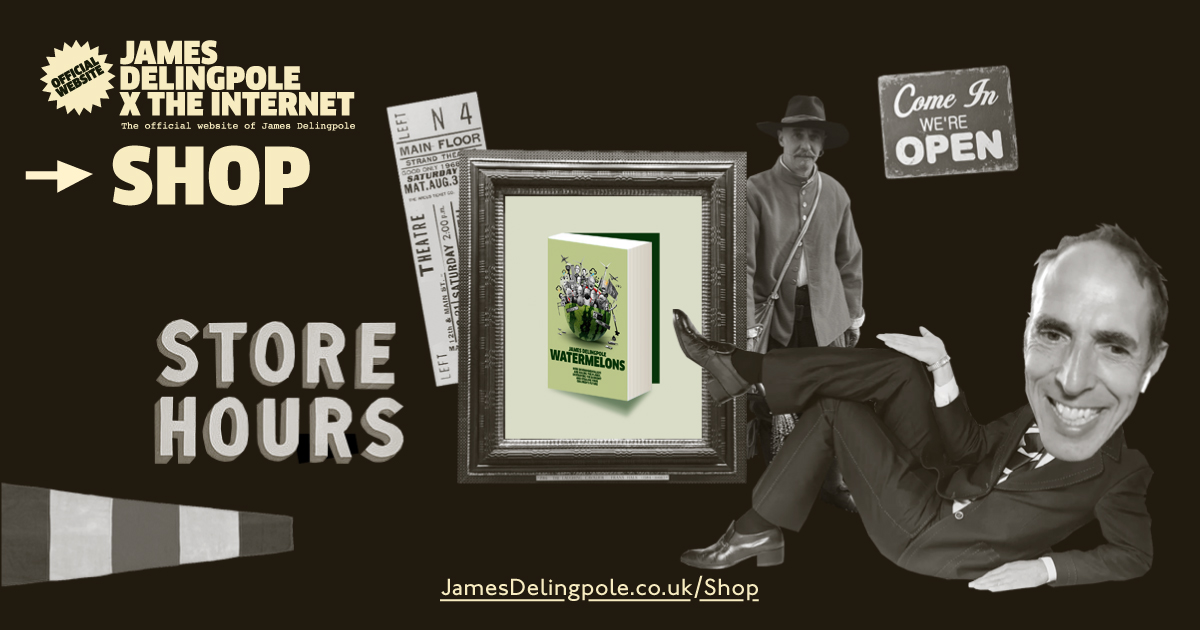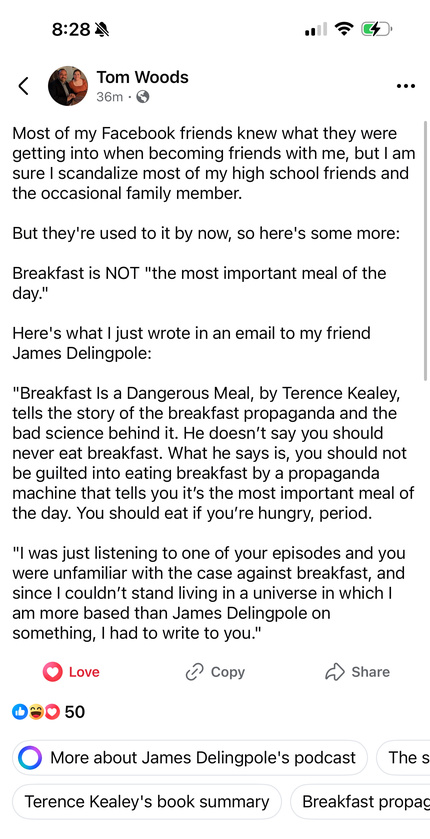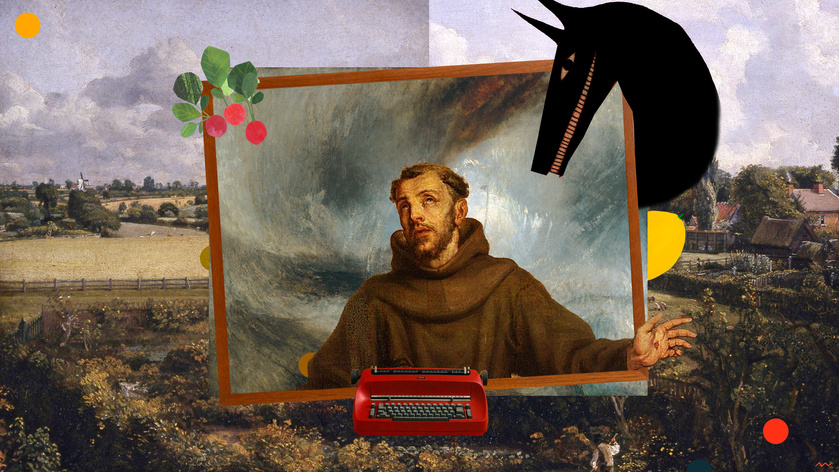No, not really, obviously. I’m just venting my frustration on how incredibly hard it is sometimes.
For example, if you read your scripture regularly you will notice that time and again Jesus enjoins us to forgive our enemies. This is emphasised in Matthew where He tells us that there’s only one prayer we really need and that’s the Lord’s Prayer.
In the Lord’s Prayer, Jesus leaves us in no doubt that for followers of the way forgiveness is not an optional extra.
Forgive us our trespasses as we forgive them that trespass against us.
There’s an implicit contract here. If you want to be worthy of God’s forgiveness then you must do likewise.
I say the Lord’s Prayer every day, from the moment I wake till the moment I’m about to go to sleep - and lots of times in between.
The first parts are easy. What’s not to like about hallowing the Lord’s name and celebrating his eternal kingdom and being assured of all that daily bread He provides?
But the forgiving trespasses part can be a bit of a stumbling block because it seems so onerous - and unfair.
Surely if someone wrongs you, especially when unprovoked, the proper and proportionate response ought to be to smite them sevenfold? At the very least.
How can it not be right to retaliate when you’ve got right on your side?
How can it especially not be right when you happen to have been blessed by God with a mind that can produce the kind of next-level invective, weapons-grade cattiness and implacable, Daisy-cutter bomb logic that utterly obliterates anyone foolish enough to cross you?
Not only would the revenge be just - but fun too!
I’ve tried these arguments, over the years, on my morning walk with the dog, which is one of the occasions where I go through the Psalms and commune with God. But I can never quite get my point past the goalkeeper.
I’ll say stuff like: “C’mon, God. Give me a break. I’m not St Francis of Assisi. Can’t you just give me a bit of leeway, just this once, to satisfy my baser urges? I’ll be good afterwards, promise.”
Or: “But taking out wrong ‘uns in an amusing way is my brand. It’s how I make my living. You surely don’t want me to starve, do you?”
Resisting the temptation to deploy my powers is tough. It’s like being blessed with a huge penis only to discover “No sorry. The Lord has decided that your path is to become a monk. So I’m afraid that magnificent appendage is for peeing, only.
Why, God? Why?
The problem is that the Bible doesn’t really offer many get-out clauses. It’s not just the Lord’s Prayer that enjoins forgiveness. There’s that possibly even more annoying bit where Jesus tells us - say what? Really?? - that we should ‘Turn the other cheek.’
And then there are all the Psalms - which Jesus quoted more than almost any other book, so they must be on point - urging us to be patient and to let God take care of all the smiting.
https://www.jamesdelingpole.co.uk/Podcasts/Archive/show.php?slug=2025-08-13-psalm-37-pooyan-mehrshahi
For example, there’s Psalm 37:
Leave off from wrath; and let go displeasure. Fret not thyself else thou shalt be moved to do evil.
Time and again you find the psalmist - usually David - asking, in so many words, “How much longer am I going to put up with this injustice? It’s so unfair!”
And God’s reply is always: “Fret not. I’ve got this!”
In Psalm 73, another of my favourites, the psalmist gets so frustrated he wonders why there’s any point being good when behaving badly seems so much more profitable.
Yea, and I had almost said even as they. [ie the Ungodly] But lo, then I should have condemned the generation of thy children.
But then he goes into the sanctuary of God and learns the fate of the ungodly.
Namely how thou dost set them in the slippery places and castest them down and destroyest them.
O how suddenly do they consume, perish and come to a fearful end.
Yea, even like as a dream when one awaketh, so shalt thou make their image to vanish out of the city.
https://www.jamesdelingpole.co.uk/Podcasts/Archive/show.php?slug=2025-12-09-james-is-joined-by-preacher-stephen-white-to-unpack-the-beauty-and-depth-of-psalm-73
The language and imagery of the Psalms is so magnificent that I could spend all day reciting them. But if you’re reciting them merely for the great poetry then you’re surely guilty of the kind of vainglorious burbling Jesus warned us against in Matthew 6. You need to imbibe the meaning also - and accept that if Jesus took this stuff seriously then you probably should too.
Not, by the way, that I am remotely wasting any time fantasising about my enemies consuming, perishing and coming to a fearful end. On the contrary, I feel sorry for them because choosing the wrong path, away from God, is punishment in itself.
I prefer to take my example from one of the extraordinary monks featured in Archimandrite Tikhon’s Everyday Saints. [Unfortunately I can’t look up his name because I gave my copy to ortho bro Dick].
This monk was sent to the Gulag by the Soviets - but not before being cruelly tortured by a sadistic NKVD man who broke all his fingers. Many years later, the monk was reunited with his torturer, now so thoroughly ashamed he became an ardent Christian.
Please don’t think for a moment that I am comparing my feeble attempts at forbearance to that of this saintly monk. I’m sure I will fail to meet the exacting standards of saintliness on many, many occasions in the future, which will be my loss and your gain. After all, I’m sure my articles are SO much more fun when I’m putting the boot in rather than when I’m turning that other cheek.





















